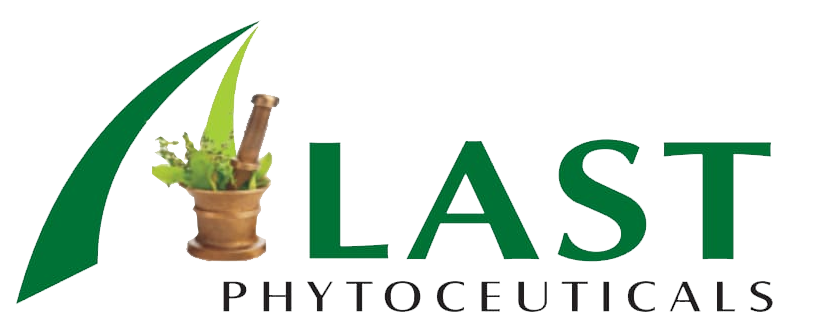- Your cart is empty
- Continue shopping
Skin care treatments are an essential part of maintaining healthy, glowing skin. However, these treatments are not always suitable for everyone. When contagious diseases are present, they can pose significant risks, not only to the individual receiving the treatment but also to the practitioner and other clients. This article explores the contagious diseases that contraindicate skin care treatments and provides insights on how to manage such situations safely.
Understanding Contraindications in Skin Care
What Are Contraindications?
Contraindications refer to specific conditions or factors that make a particular treatment unsafe or unsuitable for an individual. In the realm of skin care, these include medical conditions, allergies, and infections that could worsen with certain procedures.
Why They Matter in Skin Care
Ignoring contraindications can lead to adverse reactions, worsening of existing conditions, or even spreading infections. Hence, recognizing and respecting these limitations ensures safety and effective results.
Types of Contraindications
Local Contraindications
These are conditions affecting specific areas of the skin, such as active acne or localized infections, that make treatments in those areas unsafe.
General Contraindications
These include systemic conditions like contagious diseases, which can affect the entire body and pose risks during skin care procedures.
Contagious Diseases and Their Risks
Definition of Contagious Diseases
Contagious diseases are infections that spread from one person to another, often through direct contact, respiratory droplets, or shared surfaces.
Risk Factors in Skin Care Treatments
During skin care treatments, tools, hands, and products come into contact with the skin, creating opportunities for disease transmission.
Common Contagious Diseases Contraindicating Skin Care Treatments
Herpes Simplex Virus (Cold Sores)
Herpes simplex, often manifesting as cold sores, is highly contagious. Performing treatments near an outbreak can spread the virus to other areas or individuals.
Warts (Human Papillomavirus)
Warts caused by HPV can spread through direct or indirect contact. Skin care treatments can inadvertently transfer the virus if proper hygiene measures are not in place.
Impetigo
This bacterial infection appears as red sores or blisters, often around the mouth and nose. Skin treatments can exacerbate the condition and spread the bacteria.
Ringworm (Tinea)
A fungal infection that creates ring-shaped rashes on the skin. It’s easily transmitted and contraindicates most treatments until resolved.
Scabies
Caused by mites burrowing into the skin, scabies is a severe and highly contagious condition. Skin care treatments should be avoided until the infestation is completely treated.
How Professionals Handle Contraindications
Pre-treatment Assessments
Skin care professionals perform detailed consultations to identify contraindications. This step ensures the safety of both the client and the practitioner.
Hygiene and Sanitation Protocols
From sterilizing tools to using disposable applicators, strict hygiene practices are essential in preventing the spread of contagious diseases.
Alternatives to Skin Care Treatments for Affected Individuals
For those with contagious conditions, there are safer alternatives. Home remedies, such as soothing masks or natural exfoliants, can be used until professional treatments become viable post-recovery.
Prevention and Awareness
Educating Clients on Health Disclosure
Open communication between clients and professionals is vital. Disclosing health conditions prevents complications and ensures tailored care.
Importance of Recognizing Symptoms Early
Early identification of symptoms helps in avoiding the spread of infections and seeking timely treatment.
Conclusion
Safety is paramount when it comes to skin care treatments. Understanding which contagious diseases contraindicate skin care treatments not only protects individual health but also maintains a safe environment for everyone involved. Awareness, communication, and proper hygiene are key to ensuring effective and safe skin care practices.
FAQs
- Can skin care treatments worsen contagious diseases?
Yes, treatments can aggravate conditions and spread infections if performed during an outbreak. - What should I disclose to my esthetician before a treatment?
Always inform them of any active infections, allergies, or medical conditions. - Are there specific skin care products to avoid during an outbreak?
Yes, avoid products with active ingredients that may irritate infected areas, such as retinoids or strong acids. - Can I resume treatments immediately after recovery?
It’s best to consult your practitioner. Ensure complete healing and clearance from a medical professional before resuming treatments. - How can I prevent spreading contagious diseases during skin care?
Maintain good hygiene, disclose conditions early, and postpone treatments during active infections.
